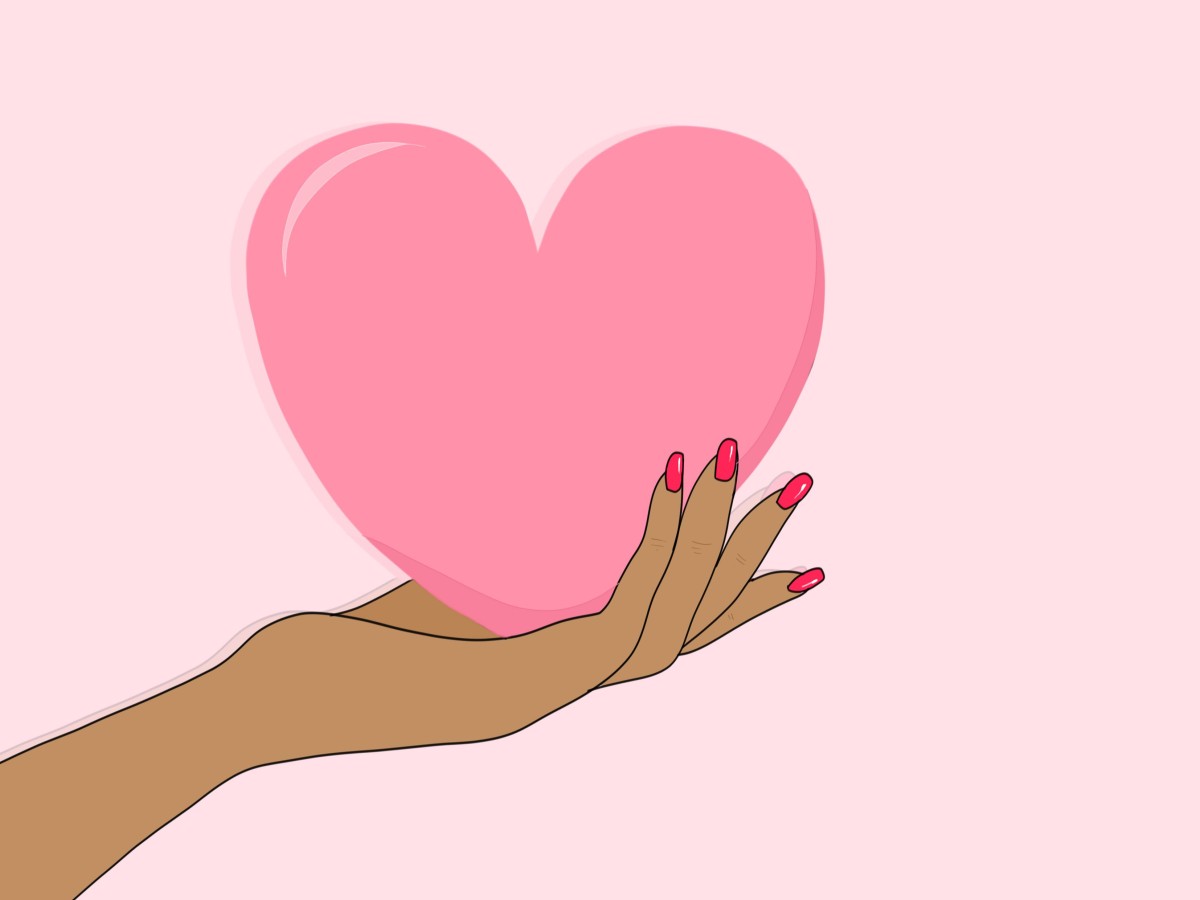I’m always second-guessing myself in the workplace. It is because ‘niceness’ is seen as naivety.
There is this stupid unwritten misconception that people, especially women, who are nice are stupid. The two are seen as not mutually exclusive. I’ve been told there’s one of two reasons a person is ‘nice.’ Either they are ‘fake’ – because there’s no reason to be nice without an ulterior motive – or they are dumb. For women, these conceptions are not fair, because in order to impress our peers or employers we have to be likeable.
We have to exceed expectations and provide more than the required skill-set or qualifications for a job opportunity. We must not just be polite to get what we want, but endlessly bubbly. However, this characteristic has been associated with being a ‘bimbo’, ‘ditsy’, ‘away-with-the-fairies’. The frustrating double standard is that not portraying such characteristics means you’re an over-ambitious ‘dragon-lady.’ I want to unpack this because I am sick of being condescended to in the workplace just because I’m ‘nice.’
Trigger warnings: sexual assault, sexual harassment, racism, transphobia.
Being the ‘nice, young, new girl’
I’ve worked a couple of hospitality jobs within my young adult life. I was always confused about why I was consistently targeted by older supervisors that wanted a power trip.
Even though I would have worked somewhere for months, someone always felt the need to tell me how to do something. Usually, something I already knew how to do. This could be a task as menial as using the coffee machine. Moments like this would have me second-guessing my actions – am I genuinely incompetent? Do I just look like I’m confused when I am not? What is it about me – do I come across as stupid?
Not to make myself a victim, but it occurred to me that if someone wanted another to condescend, I would be the perfect candidate. I was young, female, at the bottom of the ladder, on minimum wage, and most importantly, polite. If I was ‘bossed’ around by someone I would never intervene and tell them that I know what I’m doing. I wanted to seem like a good listener, like someone who can take on criticism. However, I knew deep down that these criticisms were not even needed!
‘Niceness’ as workplace survival
It would seem to survive in the workplace we have to suffice with being constantly condescended to. As I am still a student, I can’t imagine what it must be like in an office environment. But it seems that without being ‘likeable’, there is no guarantee of longevity in a job role for women. This is especially in leadership roles. To not be ‘nice’ means to be over-ambitious, bossy, a bitch, etc. Writer for the Financial Times, Viv Groskop, argues:
“The idea of ‘likeability’ is relevant to any woman in leadership, and in fact to anyone in work. It is a question that speaks directly to how comfortable we are with women attaining power. This intangible quality (“there’s just something about her I don’t like”) is an enduring issue in corporate life.”1
This is an upsetting insight, which makes the young professional feel like they just can’t win. When I was trying to do some research for this piece, my findings were interesting, not because there were loads of stories on this matter already, but because all I could find was nothing but victim-blaming. My Google search would go along the lines of: ‘nice women being treated as stupid’, *enter*. The results of which would be: ‘Why Women Always Act Dumb’, ‘Women Acting Dumb To Get Guys’ – surely we are finished with this narrative? Truth be told, you all prefer it when we are non-threatening and non-intimidating anyway.
The problem of ‘niceness’

Women have been raised to not maim your egos. We become the simple ‘nice’ object – a ‘nice’ controllable object to your desire. We are placed in opposition to you, we are easier to comprehend under a gaze in which we are ‘otherised’. If we are not who you think we are (kind/passive), then who are we? The truth is, you all do not know women at all and this terrifies you. I do not have the answer to why somewhere at some point ‘niceness’ became ‘weakness’, and by association with ‘stupidity’ (maybe it is because men are scared of us if we are not nice), but it is vital that we critically assess why women are ‘nice.’ To be frank, it is a survival instinct.
The consequences of stereotyping
Black women have to be nice in the workplace to try and skirt the ‘angry Black woman’ stereotype. As put by Janice Gassam Asare for Forbes magazine, this is a stereotype that ‘prevents [Black women] from career ascension and progression’2. This stereotype is insidious and its prevalence is everywhere. Ruby Hamad’s 2019 book White Tears, Brown Scars uses journalist Lisa Benson’s experience to demonstrate this. This was where Benson shared an article on her private Facebook about working in a predominantly white workplace. It was called: ‘How white women use strategic tears to silence women of colour’. Benson hoped her colleagues would empathise with her. Instead, the exact opposite occurred.
Two of Benson’s white female colleagues complained to management. Lisa ‘was suspended immediately for “creating a hostile working environment based on race and gender”’’3. Thereby white women, as well as men, tend to be the ones guilty of favouring passivity in the workplace. White women feed into the problem of ‘niceness’, white women accelerate a culture of condescension but worse than that – of silencing and erasure.
On a more sinister note, ‘politeness’ for women – especially Black women and trans-women – is required to avoid dangerous situations such as sexual harassment and assault. We play into niceness because ‘you don’t know when a compliment will turn into a swear word or when an admiring glance will become a snarl. You don’t know when the violence will come’4.
Where does this leave us?
I refuse to end this piece on a negative note or a disempowering one. The problem of ‘niceness’ is yet to be resolved and there does not appear to be enough discourse on it. One thing I do want to establish is that no one should be ashamed of their niceness. Sometimes, it can take a lot of bravery to be nice, specifically in environments that do not allow you to flourish. We need to see femininity, empathy and kindness as a form of radical strength rather than fragility. Whilst there are other people out there projecting any emotion that comes their way onto other people, you are out there simply trying to be kind. That takes a lot of courage. But please, please, everyone: stop talking to friendly girls like they are stupid.
WORKS CITED
1. Viv Groskop, ‘Senior women often have to appear ‘likeable’ — or face being distrusted’, Financial Times, (15 Feb 2019),<https://www.ft.com/content/ae310208-1d7c-11e9-a46f-08f9738d6b2b>.
2. Janice Gassam Asare, ‘Overcoming The Angry Black Woman Stereotype’, Forbes Magazine, (31 May 2019), <https://www.forbes.com/sites/janicegassam/2019/05/31/overcoming-the-angry-black-woman-stereotype/?sh=1a61e7871fce>.
3. Ruby Hamad, White Tears, Brown Scars, (Carlton: Melbourne University Press, 2019), p. 12.
4. Salma El-Wardany, ‘Women shouldn’t have to be polite when rejecting men to feel safe’, Metro, (28 Apr 2021), <https://metro.co.uk/2021/04/28/women-shouldnt-have-to-be-polite-when-rejecting-men-to-feel-safe-14415910/>
Find more feminism articles here >
Written by Phoebe Bowers
Illustrated by Francesca Mariama

